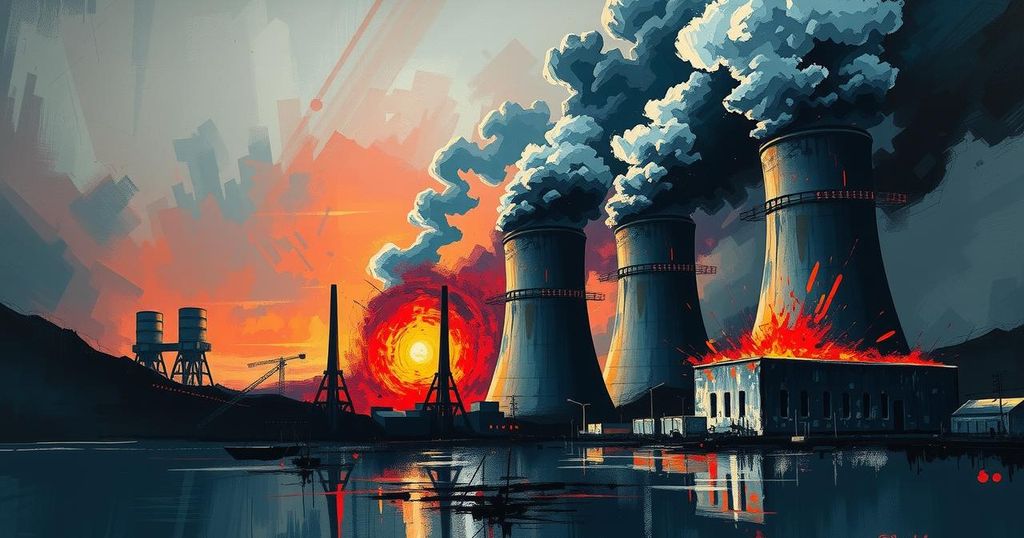CIA Chief Tells Lawmakers Iran’s Nuclear Program Set Back Years

- CIA Director John Ratcliffe says Iran’s nuclear program has faced a significant setback.
- The U.S. strikes destroyed Iran’s only metal conversion facility, vital for weapons development.
- President Trump asserted Iran’s nuclear ambitions were ‘obliterated’ by American military actions.
CIA Director Discusses Impact of Strikes on Iran
In a significant intelligence assessment, CIA Director John Ratcliffe informed lawmakers that recent U.S. military actions have severely impaired Iran’s nuclear capabilities. This includes the destruction of Iran’s only metal conversion facility, which is crucial for converting enriched uranium gas into its metallic form, necessary for a nuclear weapon’s explosive core. Ratcliffe’s claim is that these strikes have dealt a substantial blow to Tehran’s nuclear ambitions, potentially setting back their program by several years, as detailed during a classified briefing last week.
Mixed Assessments on Iranian Nuclear Damage
The nature of the strikes, executed using advanced bunker-buster bombs and Tomahawk missiles, underscores the seriousness of the damage inflicted. President Donald Trump expressed confidence in the effectiveness of these operations, asserting that Iran’s nuclear program had been essentially “obliterated.” However, this optimism contrasts somewhat with the cautious responses from international bodies, like the International Atomic Energy Agency (IAEA), which reported partial damage to key facilities, and asserted that while significant destruction occurred, not everything is gone, as some capabilities remain intact.
Ongoing Concerns Despite Structural Damage
With Iran’s air defense reportedly significantly weakened, Ratcliffe noted that the hurdles for any U.S. or Israeli attempts to counteract a nuclear resurgence have been lowered. He indicated that the vulnerability of Iranian facilities now allows for easier targeting should the country attempt to rebuild its program. The capability to reverse damage, as referenced by IAEA Chief Rafael Grossi, highlights the complex situation ahead; although the attacks have set back Iran’s advancements, the underlying knowledge and technical expertise remain. Thus, the international community is left grappling with the urgent need for ongoing diplomatic efforts regarding Tehran’s nuclear aspirations.
The recent U.S. military strikes against Iran’s metal conversion facility have resulted in significant, if not total, damage to Tehran’s nuclear ambitions, with CIA Director Ratcliffe asserting it may take years for Iran to recover. However, the International Atomic Energy Agency underscores that while many capabilities have been impaired, not everything has been eliminated entirely. The situation remains precarious, as the essential knowledge and expertise for nuclear development persist, emphasizing the importance of diplomatic negotiations moving ahead.







